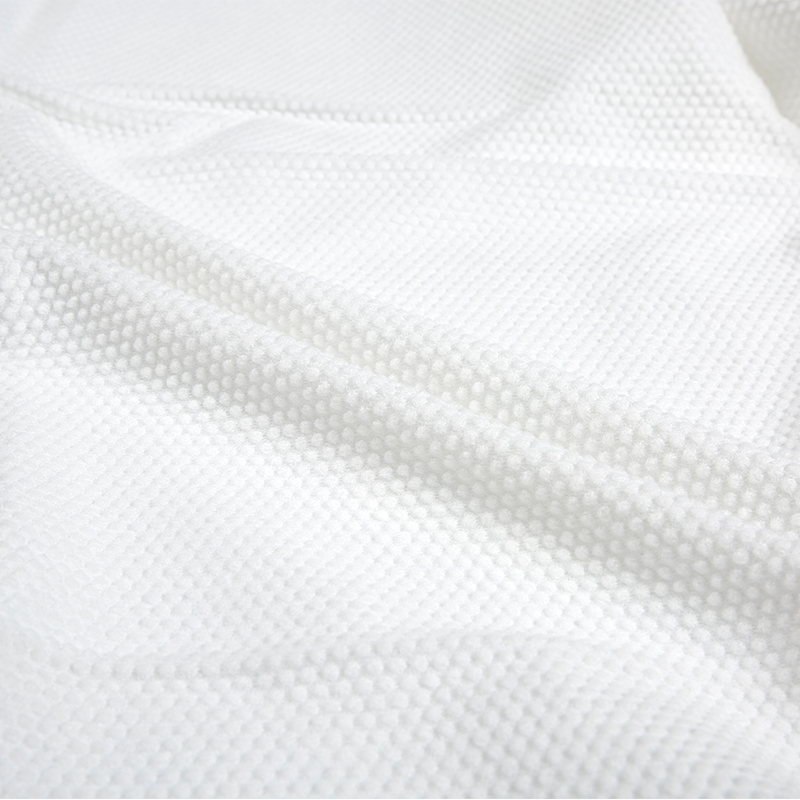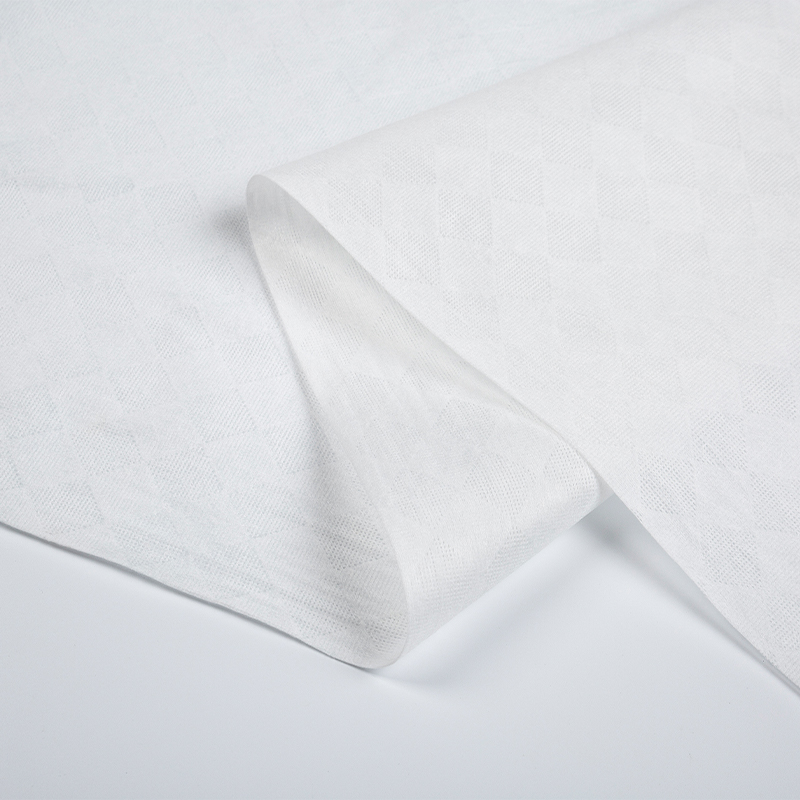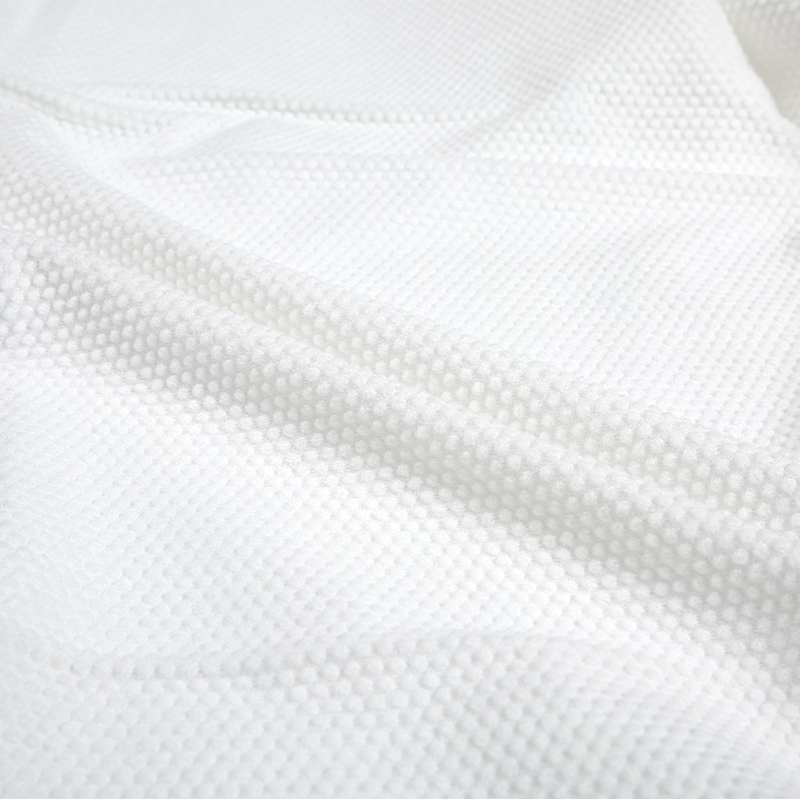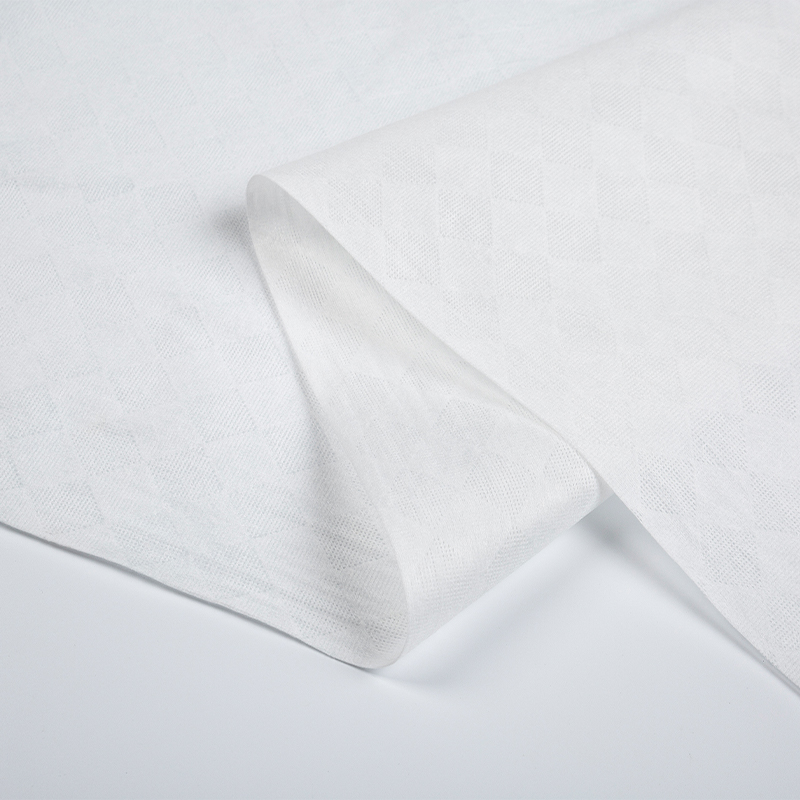Founded in 2022, Hangzhou Shunlong Nonwovens Technology Co., Ltd. is a professional China nonwoven fabric manufacturer and non-woven raw material factory
Bamboo fiber spun lace nonwoven fabric is gaining attention in various industries due to its potential environmental benefits. One of the primary environmental advantages of bamboo fiber spunlace nonwoven fabric lies in its use of sustainable materials. Bamboo, from which the fiber is derived, is a rapidly renewable resource known for its fast growth rate and minimal environmental impact. Unlike conventional fibers such as cotton, which require extensive water and pesticide use, bamboo can thrive in diverse climates with minimal intervention. This makes bamboo fiber a more eco-friendly alternative for textile production.
Furthermore, the manufacturing process of bamboo fiber involves fewer chemicals and energy compared to traditional synthetic fibers like polyester. The pulping and spinning of bamboo fibers typically utilize mechanical rather than chemical methods, reducing the environmental footprint of the production process. Overall, the use of bamboo fiber in spunlace nonwoven fabric contributes to a more sustainable and environmentally friendly textile industry.
Bamboo fiber spunlace nonwoven fabric has the potential to be biodegradable under certain conditions. Bamboo fibers are natural plant-based materials that can break down over time through microbial action in composting environments. However, the biodegradability of bamboo fiber nonwovens depends on various factors, including the presence of additives, processing methods, and environmental conditions.
To enhance the biodegradability of bamboo fiber nonwovens, manufacturers may choose to avoid or minimize the use of synthetic additives and chemical treatments during production. Additionally, consumers can contribute to the biodegradation process by disposing of bamboo fiber products in composting facilities rather than landfills. While bamboo fiber nonwovens may not biodegrade as rapidly as some natural fibers like cotton, they offer a more sustainable end-of-life disposal option compared to synthetic alternatives.
The recyclability of bamboo fiber spunlace nonwoven fabric depends on the specific composition and processing techniques used in its production. While bamboo fibers themselves are biodegradable, the presence of synthetic additives or binders in nonwoven fabrics may affect their recyclability.
Shunlong can improve the recyclability of bamboo fiber nonwovens by designing products with a focus on mono-material compositions and minimizing the use of mixed fibers or non-recyclable additives. Additionally, advancements in recycling technologies may enable the separation and reprocessing of bamboo fiber nonwoven into new materials or products.
Bamboo fiber spunlace nonwoven fabric offers promising environmental benefits due to its use of sustainable materials, potential biodegradability, and recyclability. By adopting responsible production practices and promoting eco-conscious disposal methods, the textile industry can harness the full potential of bamboo fiber nonwoven to reduce its environmental impact and move towards a more sustainable future.
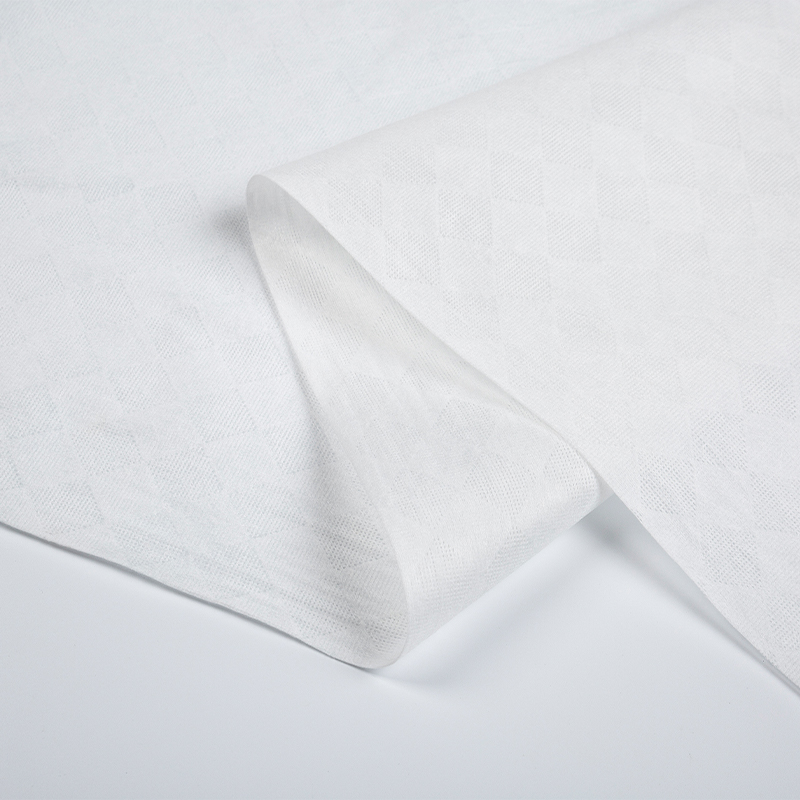


 English
English 日本語
日本語 русский
русский Español
Español